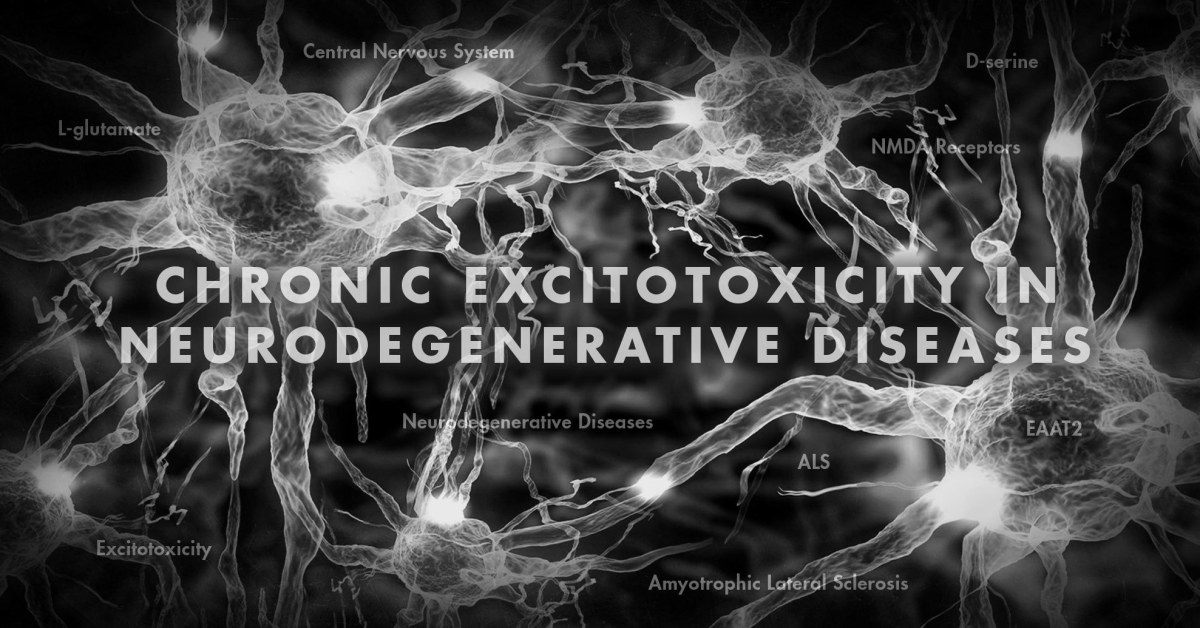
Neurodegenerative diseases, such as Alzheimer’s, Parkinson’s, Huntington’s, and ALS, are a group of disorders that affect the nerve cells in the brain, leading to a progressive decline in mental and physical function. These diseases have become increasingly prevalent in our aging population, with Alzheimer’s and Parkinson’s being the most common. Despite extensive research, there is still no cure for these devastating disorders. However, early diagnosis and treatment can help slow down the progression of symptoms and improve the quality of life for those affected. In this comprehensive guide, we will explore the different types of neurodegenerative diseases, their causes, symptoms, and available treatment options. Whether you or a loved one has been diagnosed with Parkinson’s disease or are simply interested in learning more about these complex disorders, this article will provide valuable insights and information. So let’s dive into the world of neurodegenerative diseases and gain a better understanding of their impact on individuals and society.
Neurodegenerative diseases are a group of conditions that affect the brain and cause a gradual decline in its function. These diseases can have a significant impact on a person’s quality of life and can lead to disability or even death. In this article, we will provide a comprehensive understanding of neurodegenerative diseases, including information on specific disorders such as Alzheimer’s, Parkinson’s, Huntington’s, and ALS. We will also cover potential treatments and ways to prevent or slow down the progression of these diseases to help you or your loved ones better manage these conditions.
To begin, it is important to understand that neurodegeneration refers to the progressive loss of structure or function of neurons in the brain. This can occur due to various factors, such as genetics, age, environmental factors, or a combination of these. As a result, neurodegenerative diseases can manifest in different ways, depending on the part of the brain that is affected. For example, Alzheimer’s disease primarily affects memory and cognitive function, while Parkinson’s disease affects movement and motor control.
Diagnosing Neurodegenerative Diseases
Diagnosing a neurodegenerative disease can be challenging, as there is no single test that can definitively determine the presence of these conditions. Instead, doctors may use a combination of medical history, physical exams, and specialized tests to reach a diagnosis.
What Causes Neurodegeneration?
There are several factors that can contribute to neurodegeneration, including:
- Genetics: Some neurodegenerative disorders, such as Huntington’s and ALS, are caused by genetic mutations inherited from a person’s parents.
- Environmental factors: Exposure to toxins, such as pesticides or heavy metals, can increase the risk of developing neurodegenerative diseases.
- Aging: As we age, our cells become less efficient at repairing and regenerating themselves, making them more susceptible to damage and disease.
- Inflammation: Chronic inflammation in the brain can lead to the production of harmful proteins and chemicals that can damage brain cells.
- Brain injuries: Traumatic brain injuries, such as concussions, can cause long-term damage and increase the risk of developing neurodegenerative diseases later in life.
Common Symptoms of Neurodegenerative Diseases
Neurodegenerative diseases are complex conditions that can manifest in various ways. However, there are some common symptoms that may indicate the presence of one of these disorders. These include:
- Cognitive decline: Many neurodegenerative diseases, such as Alzheimer’s and Parkinson’s, can cause a gradual decline in cognitive function. This can include memory loss, difficulty with problem-solving, and changes in behavior.
- Movement disorders: Parkinson’s disease is characterized by tremors, stiffness, and difficulty with movement. Other neurodegenerative disorders, such as Huntington’s and ALS, can also cause movement problems.
- Mood changes: Depression and anxiety are common symptoms of neurodegenerative diseases. These conditions can be caused by changes in brain chemistry or the stress of coping with a chronic illness.
- Sleep disturbances: Many people with neurodegenerative diseases experience changes in their sleep patterns. This can include insomnia, excessive sleepiness, or disrupted sleep cycles.
If you or a loved one are experiencing any of these symptoms, it is important to consult with a healthcare professional for proper diagnosis and treatment.
Neurodegenerative diseases can have a significant impact on a person’s life, but with proper management, it is possible to slow down their progression and improve quality of life. By understanding the causes, symptoms, and diagnosis of these conditions, individuals can take proactive steps to manage their health and seek appropriate treatment.